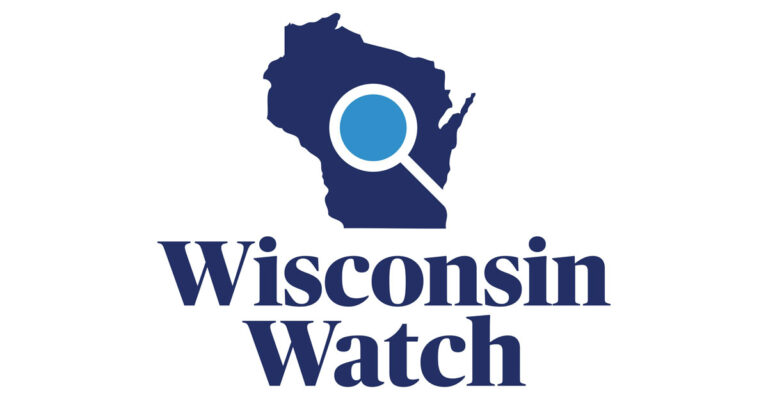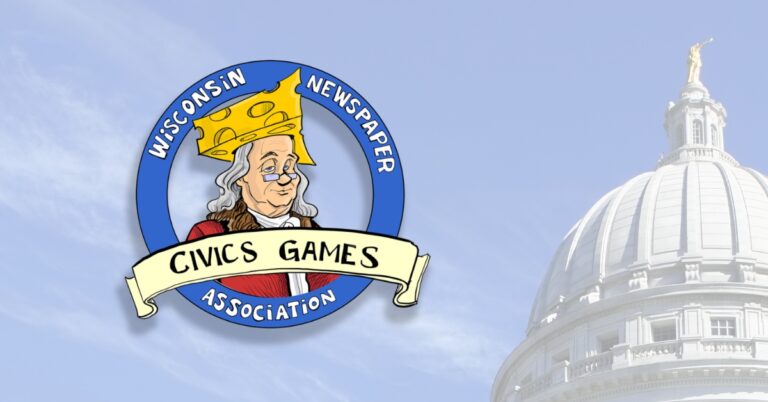The Capitol Report, produced by WisPolitics.com — a nonpartisan, Madison-based news service that specializes in coverage of government and politics — provides a weekly analysis of issues being
debated in Wisconsin state government. It is underwritten by the WNA and produced exclusively for its members. WisPolitics President Jeff Mayers is a former editor and reporter for the Associated Press and a former political writer for the Wisconsin State Journal. The WisPolitics logo can be downloaded here.
Editor’s note: This column is provided to Wisconsin Newspaper Association members by WisPolitics.com. Proper attribution to WisPolitics.com is appreciated. Also, please publish the tagline that is included at the end of the column.
School funding commission urged to address declining enrollment, special ed reimbursement
It could be the fall before a GOP-formed legislative commission on school funding issues specific proposals
After the ninth hearing in Madison on June 4, the Republican co-chairs of the Blue Ribbon Commission on School Funding said they planned to sit down individually with each member over the course of the next few months to log recommendations and begin discussing possible legislation.
At that June 4 meeting, educators, school board members and parents urged the commissioners to tweak the school funding formula to aid districts with declining enrollment, address special education reimbursement rates and more.
Others also called on commission members to respond to concerns involving school choice, including increasing transparency surrounding private school vouchers.
Among those pushing for the commission to address declining enrollment were Kettle Moraine School District Superintendent Pat DeKlotz and former WEAC Executive Director Morris Andrews, who said lessening enrollment is “causing havoc for the educational programming of Wisconsin’s small, rural school districts.”
And DeKlotz suggested commissioners consider applying the same logic used for open enrollment — where a district that loses a student to another gets to keep around one-third of the funding attached to the pupil — to districts with declining enrollment.
Currently, as school districts lose students, the per-pupil revenue they get from the state decreases by around $10,500 on average per student, according to the Department of Public Instruction. Enrollment is calculated on a three-year, rolling average.
Meanwhile, Sally Flaschberger of the Wisconsin Survival Coalition and others asked that the state increase the special education reimbursement rate, as schools across the state dip into their regular education funding to cover those costs.
DPI had previously requested an increase in the amount of money available to reimburse districts, with the intent to raise reimbursement rates to 28 percent in 2017-18 and 30 percent in 2018-19. The current rate, 26 percent, stayed static after those requests weren’t included in the budget.
Flaschberger asked the reimbursement rate be increased to 50 percent, adding the ceiling “has remained flat for about a decade” despite increasing costs incurred by districts. She also called for commissioners to even out the state’s spending on the special needs scholarship, which allows students with a disability to receive state money to attend private schools.
The program, which provided scholarships of $12,000 in 2016-17, was revamped under the current budget, eliminating a requirement that a child had to be rejected in attempts to attend a different public school district before being eligible.
On vouchers generally, Sandy Whistler, a retired teacher from Lake Mills Area School District, said commissioners should instate a moratorium on voucher expansion “until the cost and effectiveness of the voucher program can be carefully evaluated.”
At the end of the hearing, GOP Co-chairs Rep. Joel Kitchens and Sen. Luther Olsen said they hope to have the commission’s recommendations finished by early fall. After the two meet with each member individually, they said, they plan to have one more hearing with the whole group to discuss changes and recommendations to bring forward.
The 16-member commission includes nine lawmakers and seven education experts, including superintendents from Green Bay and Grantsburg, two representatives from Milwaukee-area Catholic schools, a UW-Madison professor, a member of the Wisconsin Association of School Boards and a representative from Cooperative Educational Service Agency 6.
The Capitol Report is written by editorial staff at WisPolitics.com, a nonpartisan, Madison-based news service that specializes in coverage of government and politics, and is distributed for publication by members of the Wisconsin Newspaper Association.
Copyright © WisPolitics.com



